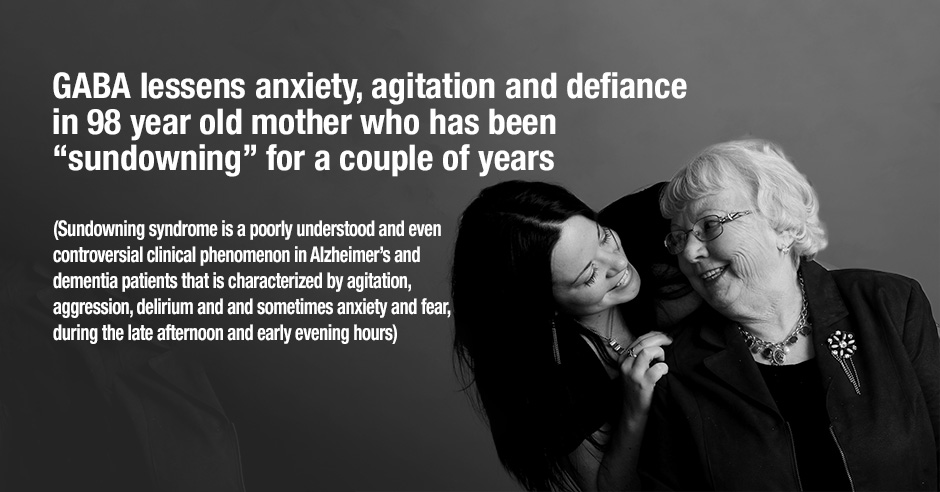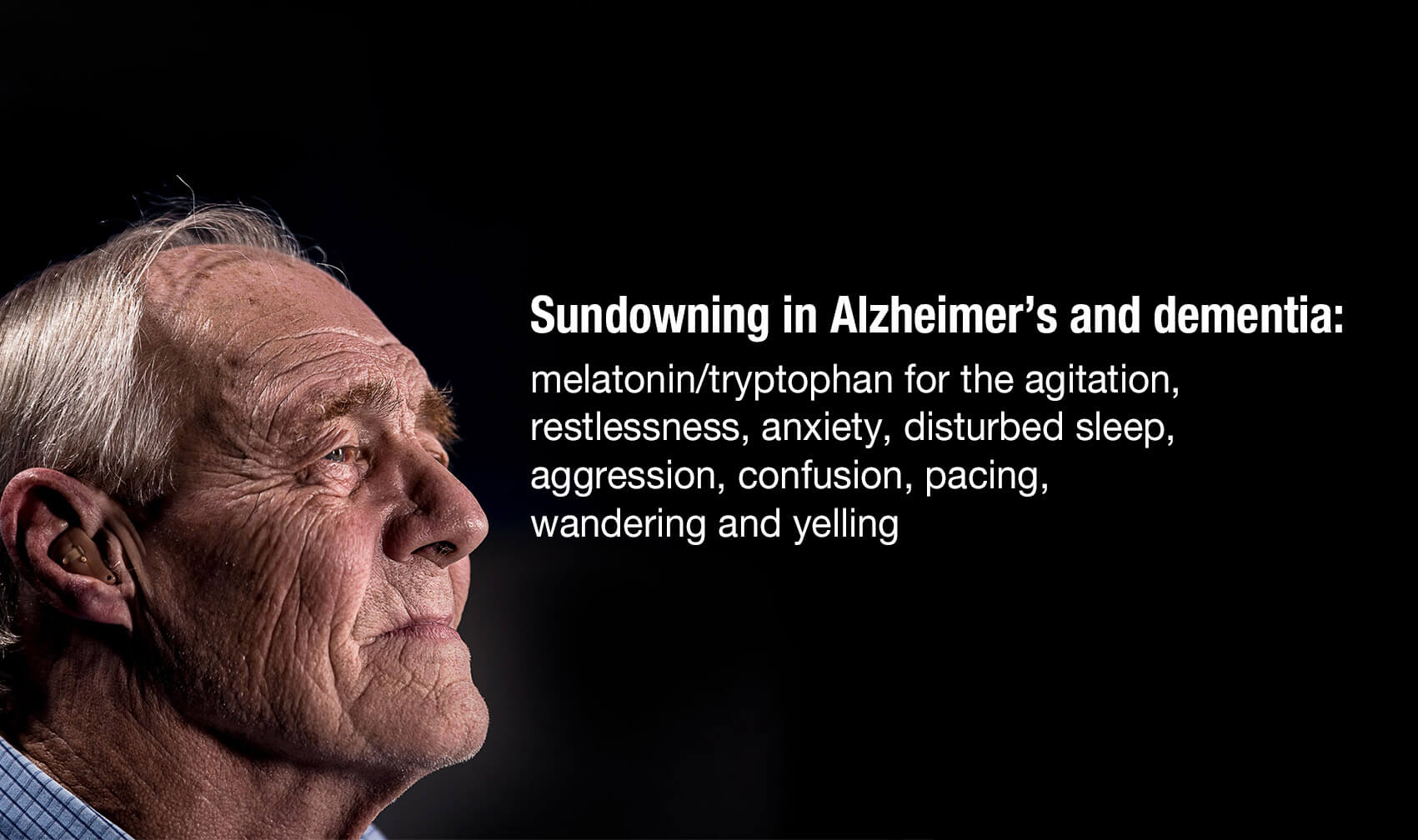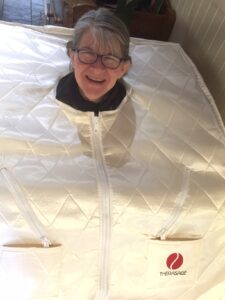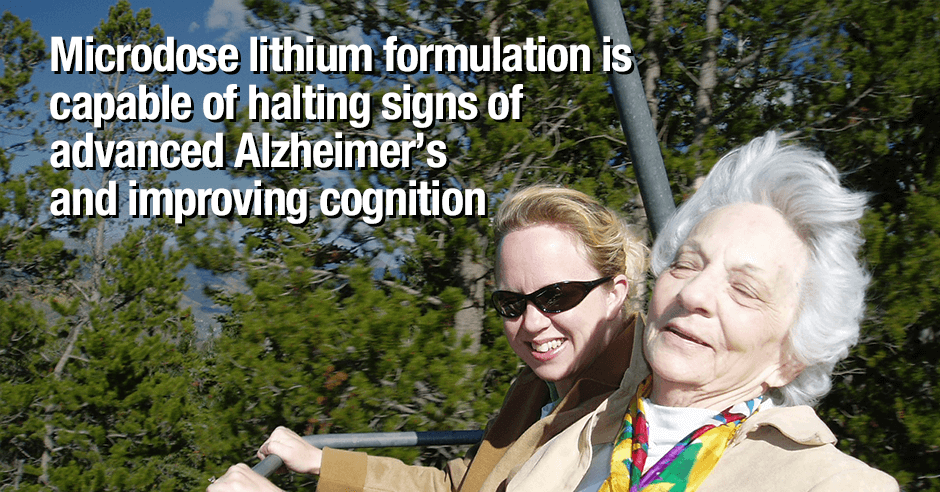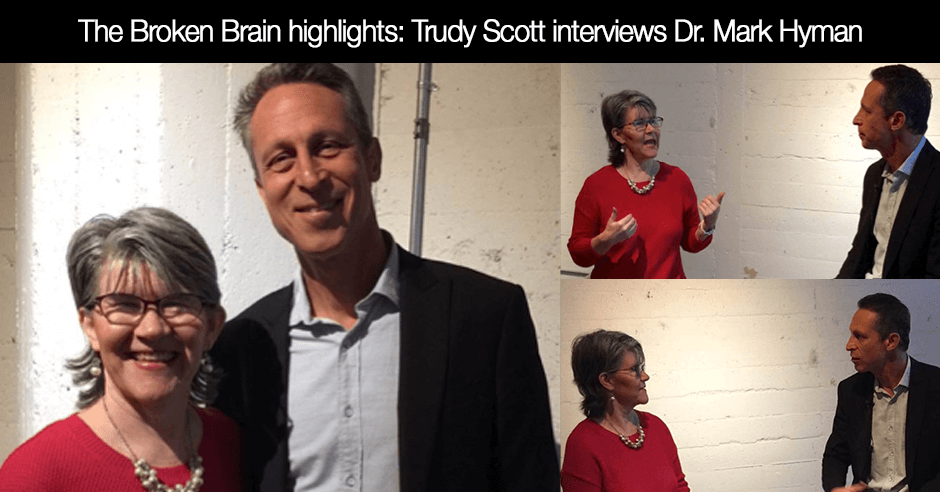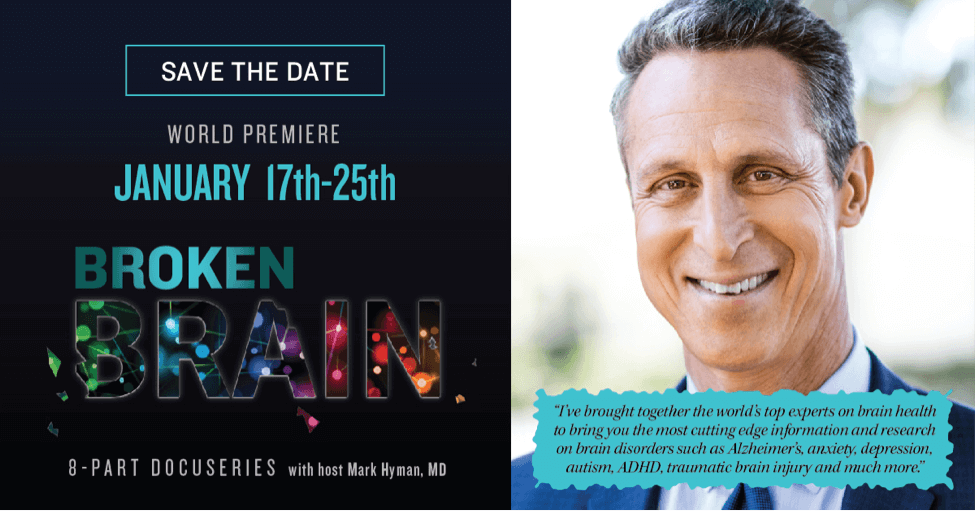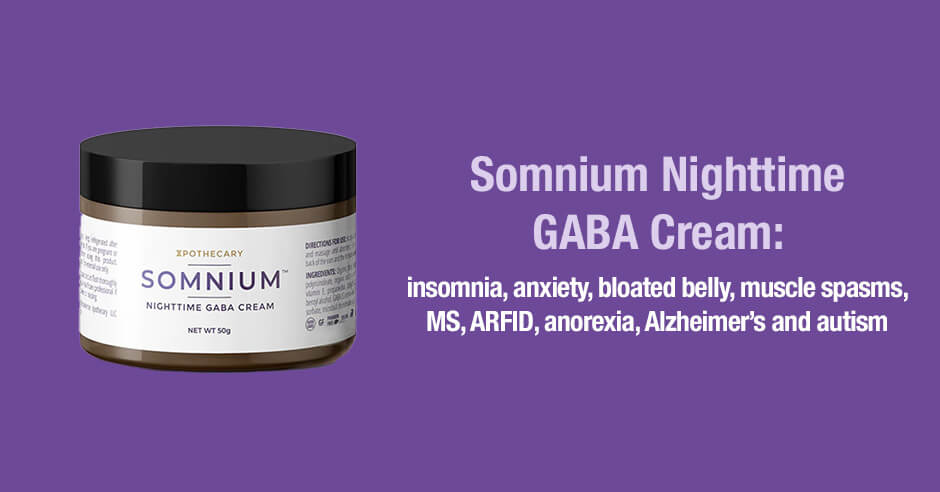
Somnium Nighttime GABA Cream is a topical GABA product I have been researching and trying personally with success. And folks in my community are reporting good results too. One woman shared this:
Surprisingly this stuff is very strong. I only use a small amount on the inside of my arm and it really helps me sleep better and calm down my nervous system at night. I don’t use it every day, rather I tend to use it when I’ve had a particularly busy or full/stressful day.
I endorse this topical GABA product as something to use in addition to the sublingual, powder, liposomal or opened GABA capsule you may be seeing benefits from OR it may become the one GABA product that works best for your needs – for helping with insomnia, easing physical anxiety and other low GABA symptoms.
I expect it to be beneficial for those with MS (multiple sclerosis), ARFID (Avoidant restrictive food intake disorder), anorexia, Alzheimer’s, autism and special needs children, and if you have severe digestive issues – for anxiety, insomnia and related symptoms.
When to use Somnium and increasing as needed
I do recommend only trialing this GABA cream when you know that GABA does work for you and you are looking for another way to increase GABA levels. I say this because it is more expensive than other GABA products and will only work if GABA is low – so it’s best to be sure.
Also, I have clients use a similar dose when using GABA products interchangeably. Somnium is around 250mg to 500mg for a small pea-size amount (the 1oz jar lasts 45 days, and the 2oz jar lasts 90 days if a pea-sized amount is used nightly.)
When comparing this with the GABA product that is already working for you, don’t forget to compare apples to apples with no confounding influences. So if you still have your period, the time of the month needs to be considered, and diet and other factors like outside stresses of course.
And don’t forget that there is no one size fits all. I have clients increase the amount of GABA when using it as a supplement, in order to find the ideal dose for their unique needs. I use the same logic with the GABA cream – start low and increase as needed.
For nighttime use for improving sleep (and how to use it)
As you’ll see on the website, it’s recommended for nighttime use for improving sleep but I have found there are many more applications (more on these below).
You’ll also see the recommended way to use it is to “Apply a small pea-size amount to skin and massage until absorbed. For best results apply to the back of the ears and the temples before bed time.”
Very quickly after starting to use Somnium myself, I decided I didn’t like using it on the back of my ears and temples, because it’s oily and made my hair greasy.
Rubbing it between my palms and applying some onto my forearms worked as well for my insomnia. Using it on the inner thigh is an option too.
It also helps me with a painful bloated belly and muscle spasms
I’ve also used it for a painful bloated belly at night, rubbed directly on my belly.
And I’ve found it to help back pain/muscle spasms when used directly over the spasming muscle.
(By the way my sublingual GABA product works as well as the GABA cream – I was experimenting with the cream so I could compare the two and offer my feedback.)
An application for specific populations
I also see the application for Somnium GABA cream for specific populations, who may find a cream is a better way to use GABA:
- An aging parent with Alzheimer’s disease (and sundowning agitation/anxiety)
- A person with ARFID (avoidant-restrictive food intake disorder)
- A person with anorexia or other eating disorder
- A child or young adult with autism (with anxiety and sensorimotor issues), a child/adult who struggles with taking supplements and other special needs children/adults
- Someone with multiple sclerosis (for anxiety and muscle spasms/spasticity)
- A person with severe digestive issues and prefers a cream
Low GABA symptoms
As a reminder, if you are new to GABA, it’s an amino acid that helps to address low GABA levels and the associated symptoms: insomnia, physical anxiety, feeling worried or fearful, panic attacks, stiff or tense muscles, feeling stressed and burned-out, craving carbs/alcohol for relaxation and calming, intrusive thoughts, spinning/poor focus, fear of heights, rectal spasms, burning mouth, and visceral pain/belly pain with IBS. See the most current list of low GABA symptoms here.
Is oral GABA not effective?
When I recently shared this GABA cream product someone asked this great question: “Why have I been spending a ton of money on oral GABA if it’s not effective?”
Oral GABA does work and is most effective when it’s used properly i.e. using a capsule opened on to the tongue (and held for at least 2 minutes) or using GABA in powder form on the tongue (and held for at least 2 minutes), or using a sublingual form of GABA. More on all this here – How did you come up with the idea of using GABA on the tongue? (GABA is a calming amino acid supplement used to ease physical anxiety symptoms).
Keep in mind there are many practitioners who are not aware of these methods and will recommend swallowing GABA capsules or tablets. This is not ideal for the majority of clients I have worked with.
There are also some practitioners and consumers who do not believe that any method of oral GABA works (swallowed or using the above approaches) or even that topical GABA works.
The important thing is this: if you do have low GABA symptoms and get symptom relief when you use GABA, you can ignore the naysayers. Better yet, shout it from the rooftops so more people get to learn about the amazing amino acid GABA and get results too!
My recommendation is to first experiment with oral GABA (used as above) and then consider Somnium when you know how GABA benefits you and how much is helping.
A few of the negatives
Here are a few of the negatives: You don’t know exactly how much GABA you’re getting (it’s a proprietary formulation but I suspect it’s 250mg to 500mg for a small pea-size amount); towards the end of the jar it does start to separate a bit/get clumpy; it’s pricey but it does go a long way.
However, it works!
The benefits of combing GABA with chondroitin sulfate
Dr. Christine Schaffner helped formulate the product and shares this about combining GABA with chondroitin sulfate:
Now individually, GABA and Chondroitin Sulfate have their respective health benefits. But when you combine these 2 compounds, something AMAZING happens.
You might’ve heard the phrase, ‘your skin is the antenna of your body’. It’s a fancy way of saying that your skin absorbs everything.
When you combine the 2 compounds… the absorption happens faster than with any other GABA cream on the market. And since chondroitin sulfate is known to pass the blood brain barrier, it’s as if the GABA has hopped on a super-highway straight to your brain.
Here is some feedback from a few of her Somnium customers:
I was waiting to share until I had more than one great night’s sleep after using Somnium Nighttime Gaba Cream. I now have had several nights of deep sleep and the only thing I changed was the sleep cream. It had been years since I slept straight through 7 – 8 hours. I feel SO rested when I get up. Wow!! – Candace
It works! I LOVE gaba and am familiar with how it feels. It’s especially nice to be able to get it in cream form. I’ve been sleeping much more deeply. – Jaya
Click here to get Somnium GABA Cream (and use my coupon code TRUDY15 to save 15%).
Have you used Somnium GABA cream with success? How has it helped and how do you use it?
How does it compare with other GABA products you have used (feel free to share specific brands and how you used them – swallowed, sublingual, opened or powder).
Feel free to post your questions here too.
